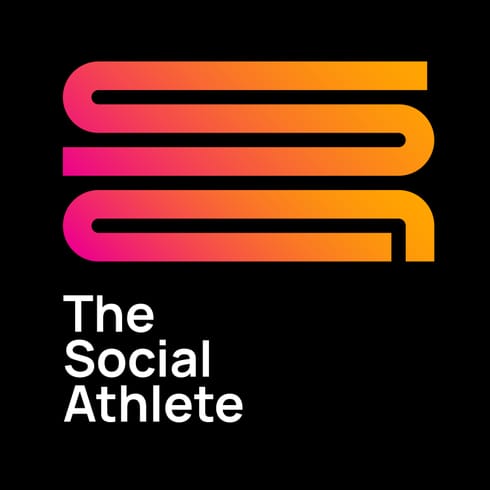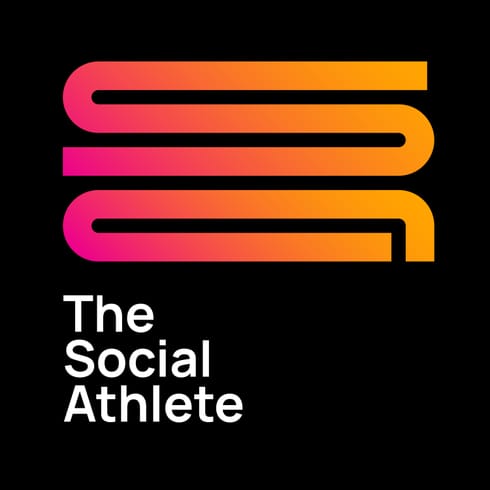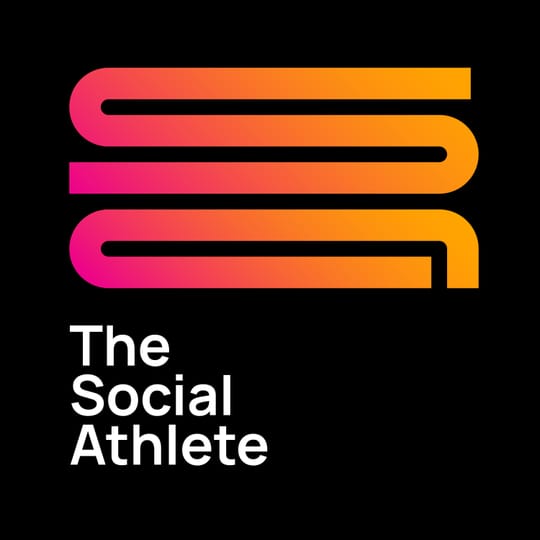
A.I. Tools for Social Fitness, 17 Things We KNOW About Social Fitness
Our first full episode!
This week, we explore two tools that leverage artificial intelligence to help us build social skills (including one I built... kind of).
We'll also discuss 17 things we KNOW to be true about social fitness. These are robust findings validated by decades of research. At least a few of them may surprise you. Listen to the full episode now:
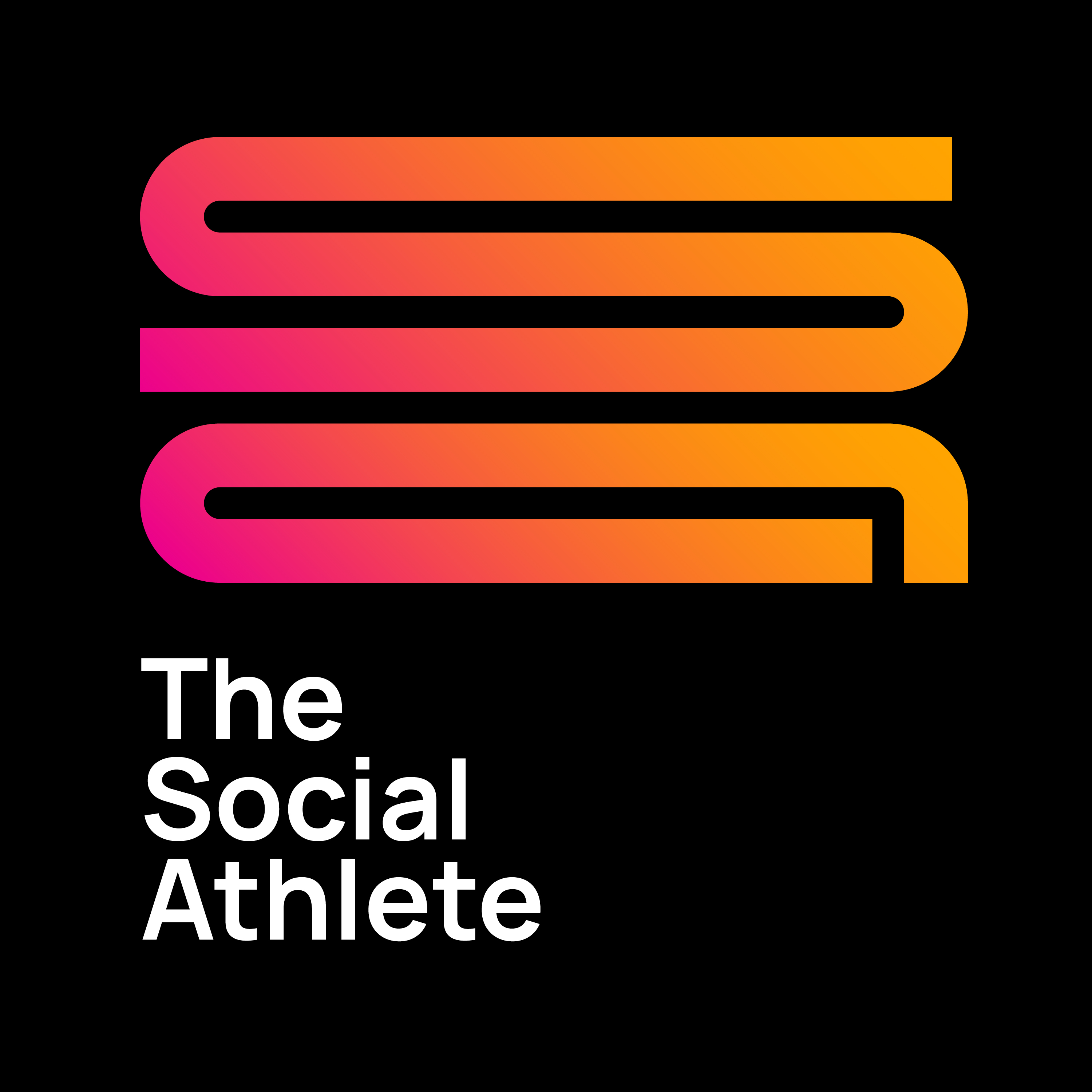
Hume.AI
Hume.AI is a multi-faceted emotional expression analysis software tool that is now in public beta. It can analyze video, image, audio, and text files, and then provide detailed analyses of the emotional messages being conveyed in each frame.
It's simple and relatively inexpensive to use. It costs me less than $1 to analyze an entire podcast episode's audio file. It's a pay-as-you-go model. You pay for tokens and then use those tokens to purchase file evaluations. Larger and more data-rich (video) files are more expensive.

How I Use Hume
- Analyze profile photos to select the best ones
- Analyze video chat recordings to see how I'm coming across to other people during conversations
- Analyze any content I'm putting into the world to improve the emotional messaging
- Analyze candid photos and videos of myself... mostly for fun
ChatGPT (Social Fitness Trainer Edition)
This next tool is one I customized myself. It's a version of ChatGPT called Social Fitness Trainer. ChatGPT now allows you to create customized versions of ChatGPT for specific use cases. Using this feature, I built a version that is designed to give practical social advice. It's free and available to anyone with the above link.
How Social Fitness Trainer Works
- Pulls only from the most robust research on social psychology and the most popular books on the subject (that don't contradict the research)
- Develops a coherent model of social fitness, and evolves this model as new material is added and validated
- Prioritizes practical advice (specific examples, accessible metaphors, and memorable word pictures) over academic language
How I Use Social Fitness Trainer
I have been using Social Fitness Trainer to help me with my biggest social challenge of the day. To give you an idea of how this works, here's an example of a real chat I had earlier this week:
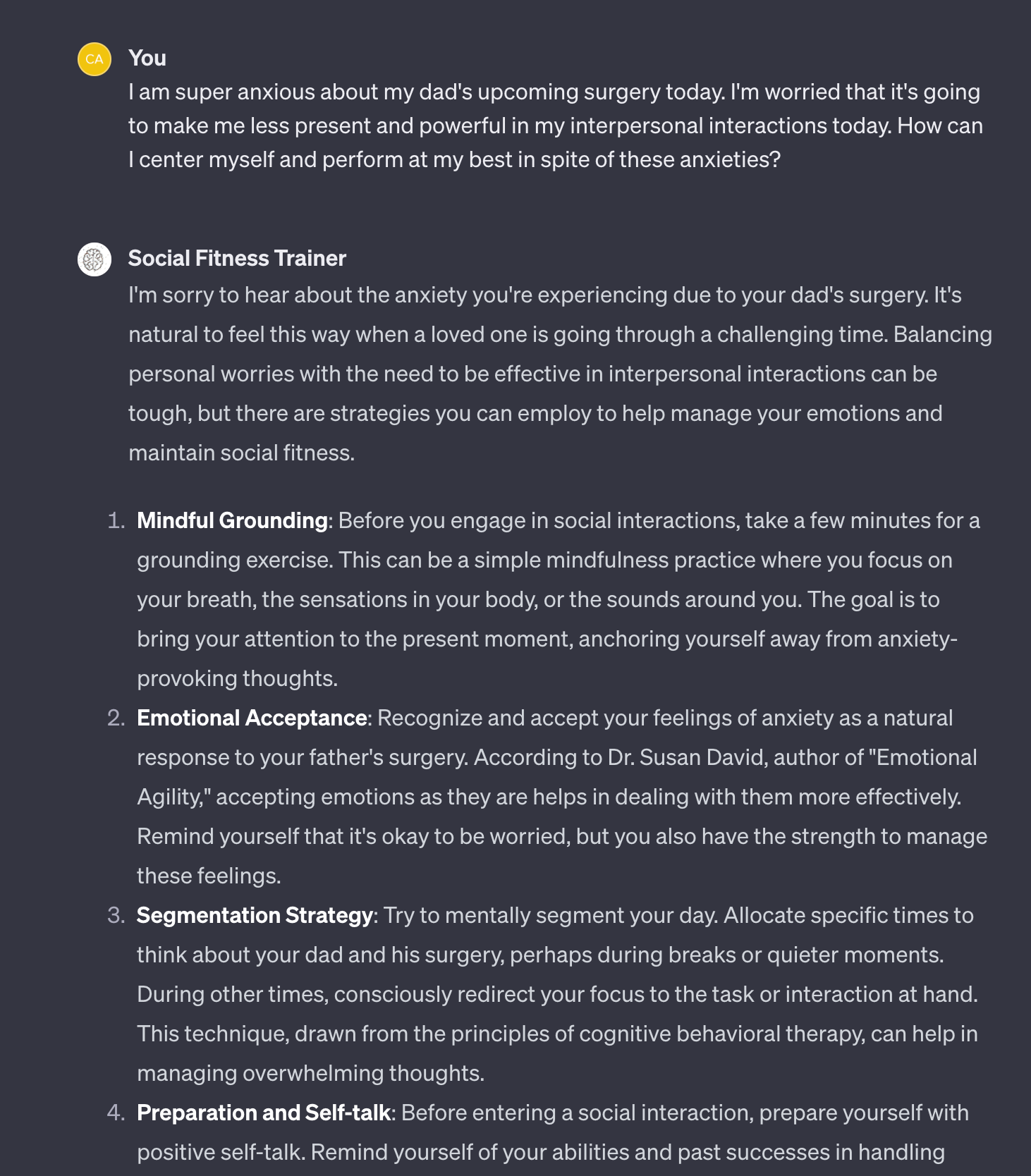
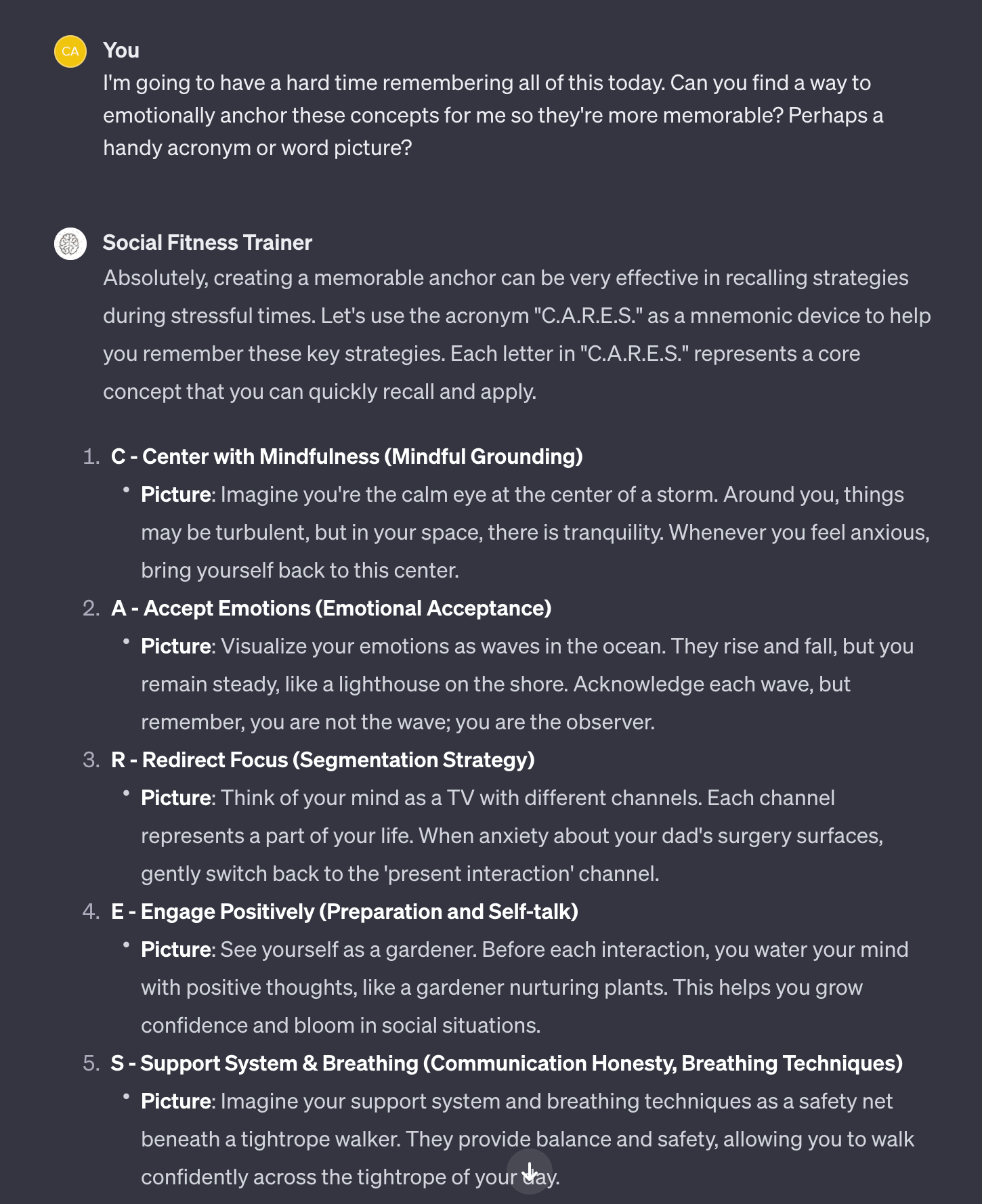
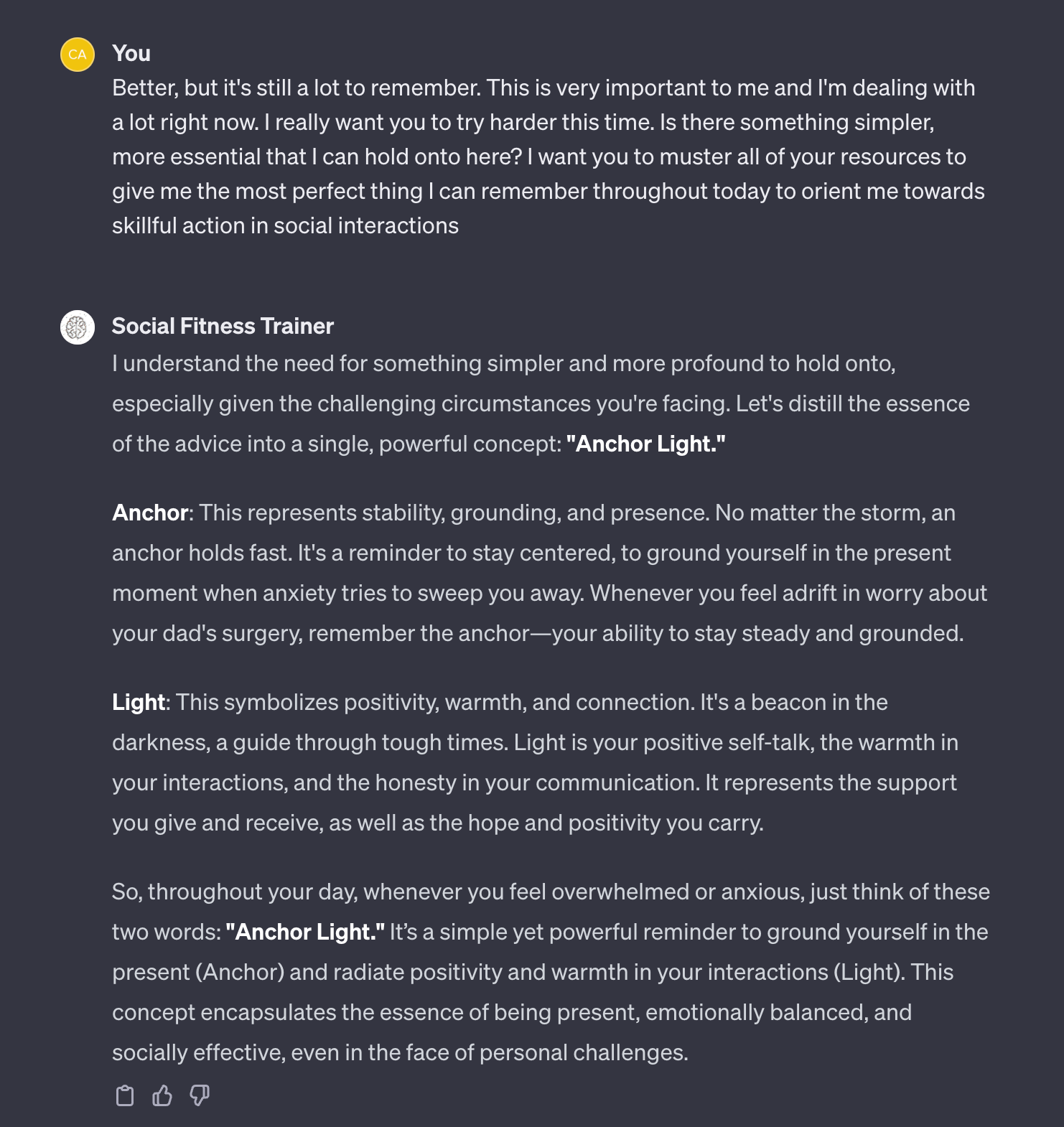
17 Things We KNOW About Social Fitness
In many areas of social science, there is an ongoing debate. When it comes to these 17 points of knowledge... not so much.
Most of these findings have been validated by decades of research. However, one of my favorite things about social psychology is that you never have to take anyone's word for it. You can deploy these insights in your life and see for yourself. Here's a top-line accounting of what the science tells us about social fitness.
#1 - Social Fitness is Overall Fitness
Socially fit individuals tend to enjoy better physical and mental health
#2 - We Undervalue Strangers and Loose Connections
Casual interactions and acquaintances can have a surprisingly positive impact on our social and emotional health.
#3 - We Undervalue Work Relationships
Relationships in the workplace are often undervalued, yet they are crucial for a supportive work environment and can contribute significantly to job satisfaction and professional growth.
#4 - We Underestimate How Hard It Is to Maintain Friendships
Keeping friendships active through various life stages requires much more effort than we typically anticipate.
#5 - We Underestimate How Valuable It is to Maintain Friendships
The importance of keeping friendships active through different life stages is often underestimated. As the cost of keeping them active goes up, so does their value.
#6 -We Overvalue Non-Relational Goals
People often overestimate the importance of non-relational goals (like career success, wealth, or personal achievements) to their future happiness, while underestimating the lasting impact of strong social connections.
#7 More Social Media = Less Social Fitness
People who spend less time on social networks are happier. Those who spend time actively are happier than those who spend time passively.
#8 - Social Skills Are Required for Social Fitness
Emotional intelligence, including empathy, emotional regulation, and self-awareness, is crucial for social fitness but often receives less attention than it should.
#9 - We Undervalue Social Support When We Need It Most
The value of a strong social support system during difficult times is frequently underestimated. Supportive relationships can significantly aid in coping with stress, loss, or change.
#10 - Different Cultures Have Different Social Norms
Cultural norms heavily influence social interactions, but the importance of understanding and adapting to these differences is often overlooked, especially in multicultural environments.
#11- Solitude Is A Key Component of Social Fitness
While social connections are crucial, the value of solitude is often overlooked. Quality time alone can enhance self-awareness and recharge emotional energy, making subsequent social interactions more meaningful and effective.
#12 - Extroverts and Introverts Can Both Be Socially Fit
There's a common misconception that being extroverted is essential for social fitness. However, introverts often possess deep listening skills and the ability to form meaningful one-on-one connections, which are equally important.
#13 - Vulnerability Accelerates Bonding
It might seem counterintuitive, but showing vulnerability can strengthen social bonds. Being open about weaknesses or uncertainties can foster trust and deeper connections.
#14 - Online Interactions DO Matter
Online social interactions are often deemed less valuable than in-person ones. However, they can provide meaningful connections, especially for individuals with mobility issues or those in remote locations.
#15 - Overall Fitness is Social Fitness
Physical health and fitness can indirectly influence social fitness. Regular physical activity not only improves health but also boosts mood and energy levels, enhancing social interactions.
#16 - Social Fitness Increases with Age
There's a tendency to associate aging with a decline in social fitness. However, older adults often have richer life experiences to share and can maintain or even improve their social skills with age.
#17 - Social Fitness Includes Conflict
Engaging in healthy conflict can actually be a sign of social fitness. Effectively navigating disagreements demonstrates communication skills, empathy, and the ability to understand different perspectives.


